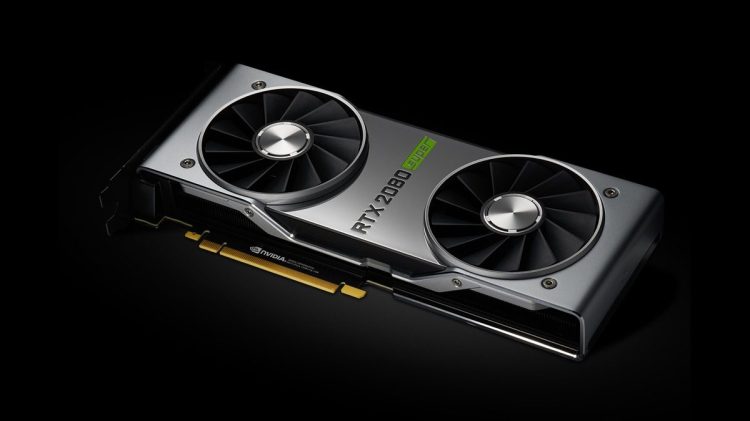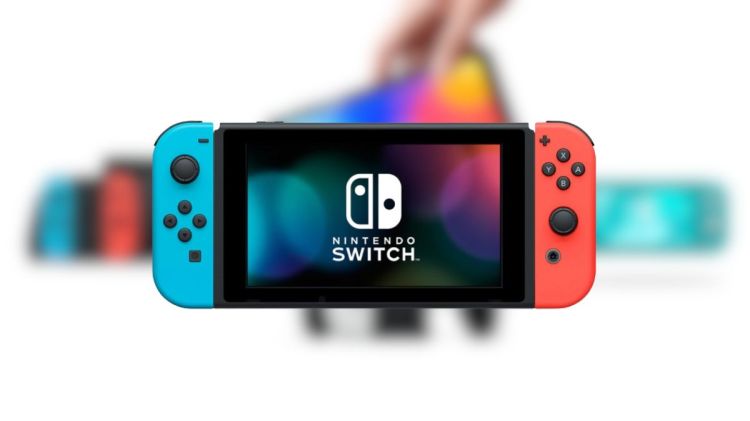When buying new tech, you want to ensure that it is as much protected against the elements as possible. In the industry, this scale is known as its IP rating. An IP65 rating may seem complicated, but this breakdown will help you understand just what it means.
Recommended Videos
What is an IP rating?
IP stands for Ingress Protection, or, in layman’s, how well your electronics protect against the invasion of unwanted stuff. The numbers after the IP are related to just how well it keeps foreign bodies from getting in. The first number after the letters corresponds to solids, and the second has to do with liquids. The higher, the better.
What do the IP numbers mean
The first number concerns solids entering electronics. Solids can be anything from bugs to dust particles. An IP rating of six is considered the highest rating for electronics, implying that absolutely nothing solid is likely to be able to enter your electronics. This is very important for many electronics because an IP rating of six implies that your equipment is rated “dustproof,” greatly improving the life of your electronics. Dust: the silent computer killer.
The second number in the IP rating concerns liquids. Bear in mind that the IP rating for liquids goes all the way up to 9, with the highest being entirely watertight. For an electronic device to be considered waterproof, you would want to find something with at least 7. An IP7 water rating is waterproof, with up to one meter of water immersion. You would find this on waterproof portable speakers and smartwatches.
An IP water rating of five implies that the gadget is protected against everything up to water jets, but not powerful ones, that would be an IP rating of six. I would say an IP rating of five is good enough for most electronics that are not going to have long exposure to water, such as headphones, watches, and other household electronics.
Does IP65 mean waterproof?
An IP rating of 65 does not mean that the item is technically waterproof. However, I would say it was weatherproof. Due to the classifications of each number, it will be able to withstand rain, snow, dust storms, and much more bar full water submersion.
There is a difference between weatherproof and waterproof. Weatherproof implies that you can use your electronics in the rain and outside in most conditions. You can sit on the beach with it and not worry about the sand. You can also use it exposed in the rain and not worry about damage. This means that an IP65-rated piece of tech is weatherproof. Just don’t go swimming with it.
A full breakdown of IP ratings
Here is a chart of the IP ratings for both solids and liquids.
Solids
| Protection Number | Level of Protection |
| x | No Data. |
| 0 | Unprotected against foreign solids. |
| 1 | Protection against objects >50 mm 2.0 in such like a hand. |
| 2 | Protection against objects >12.5 mm 0.49 in like fingers. |
| 3 | Protection against objects >2.5 mm 0.098 in like wires and tools. |
| 4 | Protection against objects >1 mm 0.039 in like bugs. |
| 5 | Dust resistant. |
| 6 | It’s fully dustproof. |
Liquid IP ratings
| Protection number | Level of protection |
| x | No data available. |
| 0 | No resistance. |
| 1 | Dripping water. |
| 2 | Resistant to dripping water when at 15 degrees |
| 3 | Spraying water resistance. |
| 4 | Resistant to splashing water. |
| 5 | Resistant to water jets. |
| 6 | Resistant to powerful water jets. |
| 6x | Resistant to powerful water jets with even more pressure. |
| 7 | 1-meter water immersion resistance. |
| 8 | More than 1-meter water resistance. |
| 9x | Resistant to high-pressure, heated water jets. |
Key notes on IP ratings
When buying new consumer electronics, it is important to pay attention to the IP rating. This is especially true when using electronics, especially wearables. If you plan to swim using your smartwatch or wear headphones during rain, they need to be able to withstand the environment.
Of course, having a laptop with a high liquid IP rating is completely unnecessary. However, solid resistance is key. If you work in a very dusty environment, it is always best to find electronics that won’t get gummed up immediately.
It is best to consider what kind of stress you plan to put your electronics through before buying. Using the chart above, you can realistically gauge just how high an IP rating you will need. You’re not going to need your new GPU to withstand heated water jets, but keeping a good level of dust out would be very nice.
- SEO Powered Content & PR Distribution. Get Amplified Today.
- PlatoData.Network Vertical Generative Ai. Empower Yourself. Access Here.
- PlatoAiStream. Web3 Intelligence. Knowledge Amplified. Access Here.
- PlatoESG. Carbon, CleanTech, Energy, Environment, Solar, Waste Management. Access Here.
- PlatoHealth. Biotech and Clinical Trials Intelligence. Access Here.
- Source: https://www.pcinvasion.com/what-does-an-ip65-rating-mean/
- :has
- :is
- :not
- $UP
- 1
- 12
- 13
- 15%
- 2%
- 253
- 300
- 49
- 5
- 50
- 62
- 65
- 7
- 8
- 820
- 9
- a
- Able
- About
- above
- absolutely
- After
- against
- All
- also
- always
- an
- and
- anything
- ARE
- AS
- At
- attention
- available
- bar
- BE
- Beach
- Bear
- because
- before
- being
- BEST
- Better
- between
- bodies
- both
- Breakdown
- bugs
- but
- Buying
- CAN
- Chart
- completely
- complicated
- computer
- Concerns
- conditions
- Consider
- considered
- consumer
- Consumer electronics
- corresponds
- course
- damage
- data
- device
- difference
- do
- does
- Dont
- due
- during
- Dust
- each
- Electronic
- Electronics
- elements
- enough
- ensure
- entering
- entirely
- Environment
- equipment
- especially
- Ether (ETH)
- Even
- everything
- exposed
- Exposure
- false
- Find
- First
- five
- For
- foreign
- from
- full
- fully
- gauge
- get
- getting
- Go
- Goes
- going
- good
- greatly
- hand
- Have
- having
- headphones
- help
- High
- higher
- highest
- household
- How
- How High
- However
- HTML
- HTTPS
- i
- if
- immediately
- immersion
- implies
- important
- improving
- in
- industry
- invasion
- IP
- IT
- ITS
- Jets
- jpg
- just
- keeping
- Key
- killer
- Kind
- known
- laptop
- least
- Level
- Life
- like
- likely
- Liquid
- Long
- many
- May..
- mean
- means
- mind
- more
- most
- much
- Need
- New
- New Tech
- nice
- Nintendo
- Nintendo Switch
- Notes
- nothing
- number
- numbers
- objects
- of
- on
- ONE
- ones
- or
- Other
- out
- outside
- Pay
- piece
- plan
- plato
- Plato Data Intelligence
- PlatoData
- portable
- possible
- powerful
- pressure
- protect
- protected
- put
- RAIN
- rated
- rating
- ratings
- related
- Resistance
- resistant
- SAND
- say
- Scale
- Second
- seem
- sit
- SIX
- smartwatch
- smartwatches
- snow
- solid
- something
- stands
- storms
- stress
- stuff
- such
- swimming
- Switch
- tech
- technically
- than
- that
- The
- they
- this
- Through
- to
- tools
- true
- understand
- unnecessary
- unwanted
- use
- using
- very
- want
- was
- watches
- Water
- watertight
- Way..
- wear
- wearables
- WELL
- What
- when
- will
- with
- Work
- worry
- would
- you
- Your
- zephyrnet














